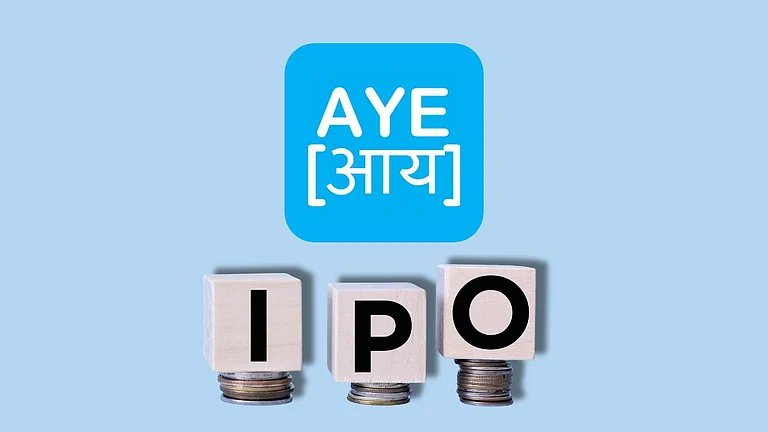Taxpayers, are you wondering whether to file income tax returns if your income does not fall under the category of taxable income? Though you are not required to file a return if your income is below the basic exemption limit depending on your age and chosen tax regime, certain types of income like capital gains and/or income from foreign assets would still require you to file an ITR. This is often termed as a “Nil ITR”. For tax deducted at source (TDS) from any income such as interest from a bank deposit, you need to file an ITR to claim a refund for the excess TDS, including other tax payments made during the financial year.
What is a Nil ITR?
When an income tax return is filed if it does not exceed the taxable limit or in case all income has been offset by deductions, resulting in no tax liability - it is called a Nil ITR. This could serve as an official document for the knowledge of the Income Tax Department concerning your financial status for that particular year, even if no tax was paid.
Filing an ITR is significant not only to claim tax refunds, such as excess tax deducted at source (TDS) on your income, but also some various other reasons.
Here are a few advantages for filing a Nil ITR:
Claim tax refunds: Say, you have no taxable income, but there still could be certain TDS deducted on earnings like bank interest. A Nil ITR could ensure getting a refund for this excess TDS.
Income Proof: TDS refund or not, ITR would still effectively serve as an official document that can be used as proof of your income.
Visa Approvals: In addition to serving a purpose as your proof of income, a Nil ITR will also help you with visa application approvals across many countries. It is seen as valid documentation in such cases.
In Case of Capital Losses: In cases where you have incurred losses pertaining to stock market investments, business operations, and other capital instruments, a Nil ITR would help you
carry forward such incurred during the (current) financial year. Such losses can be offset against future capital gains, thereby reducing tax liability in subsequent years.
Government schemes & Benefits: Filing an ITR sometimes could be a prerequisite for scholarships or government subsidies/benefits. By filing a Nil ITR, you can ensure eligibility for these benefits.
Loan applications: Want to take a loan? Know that most times banks and other financial institutions like NBFCs often ask for ITRs as proof of income before or during the processing of loan applications. In such a situation, a Nil ITR would come in handy.
Though filing a Nil ITR is not obligatory for citizens, it could provide certain benefits and assist you in maintaining a clear record with other authorities and administrative requirements.













